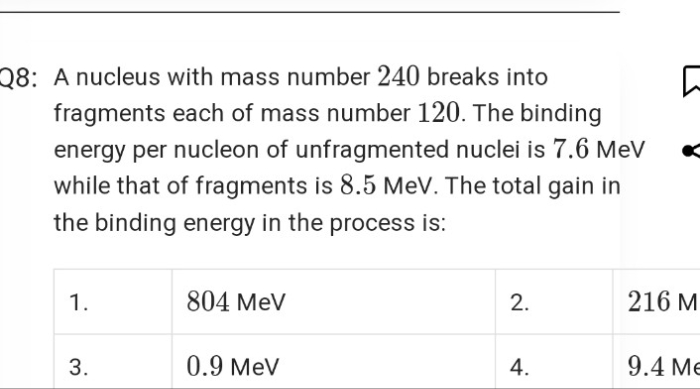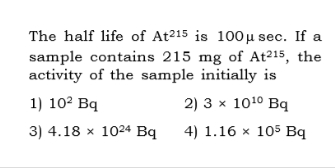CBSE Class 12-science Answered
Beta decay occurs when the atomic nucleus has an "imbalance" between the number of protons and neutrons required for optimal stability. If there are too many protons, there is excess positive charge, and the nucleus attempts to attain greater stability by either emitting a positron through beta plus decay or capturing an orbiting electron and combining this with a proton, thereby neutralizing it and creating a neutron. When there is a deficiency of protons (i.e., not enough positive charge), the nucleus can gain greater stability by emitting an electron via beta minus decay, thereby converting a neutron into a proton. Initial investigations suggested that beta decay violated the laws of conservation of energy and momentum because the emitted beta particles do not always come out with a discrete energy and momentum, as is the case with alpha and gamma emission. Rather than abandon these cherished laws of nature, physicists proposed that another undetected particle accompanies emission of the beta particle to conserve energy and momentum. The hypothetical particle would carry the energy and momentum that was "missing" from the ejected electron. Years after the proposal, these so-called neutrinos were detected, just as predicted by the laws of conservation of energy and momentum. In keeping with another law of physics (the law of conservation of lepton number), beta minus decay involves the emission of an antineutrino, whereas beta plus decay involves the emission of an ordinary neutrino.










